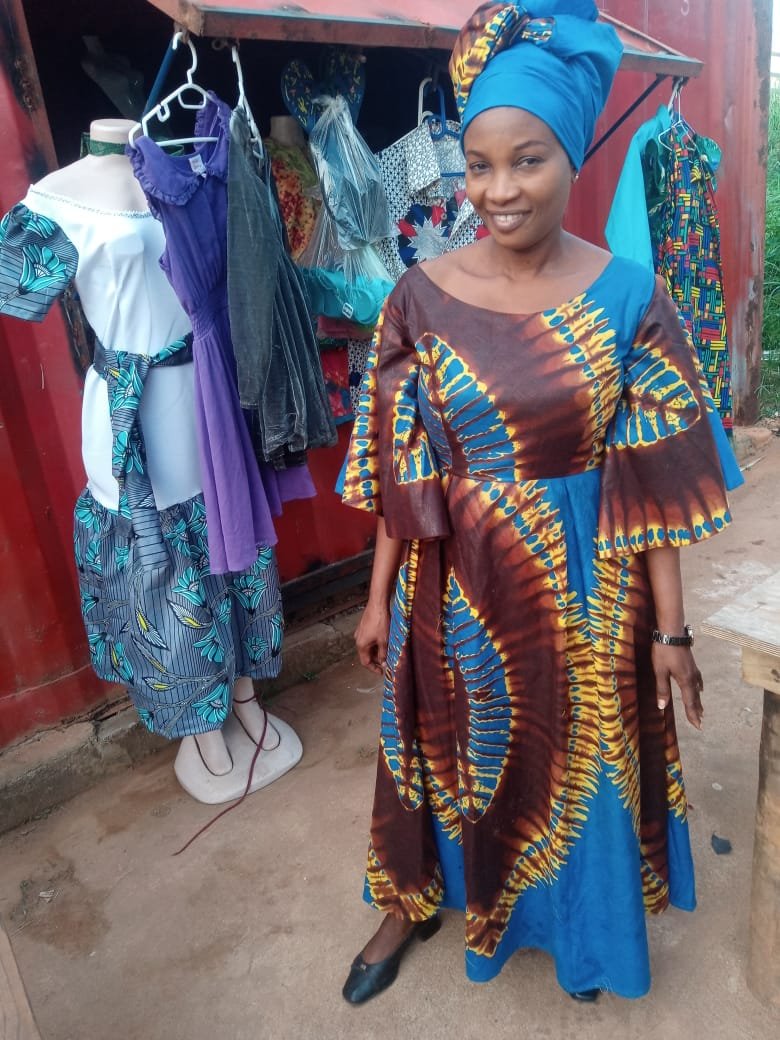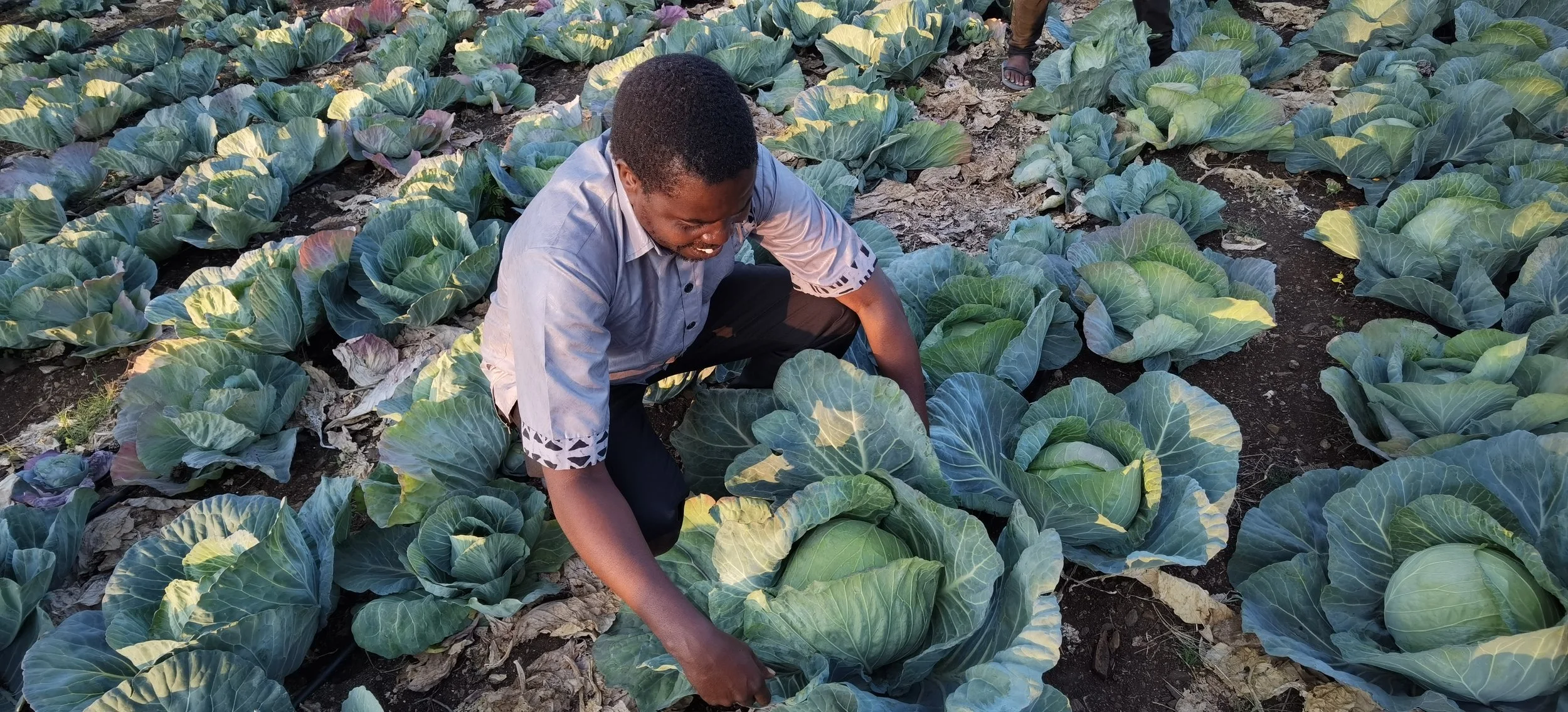
Promoting sustainability for E3 partners
E3 believes in empowering our partner projects to achieve independence from outside support. This approach not only upholds the dignity of everyone involved but also safeguards project activities against potential changes in funding. Some projects self-fund parts of their work, whilst others have the potential to be completely self-sustaining, depending on their context and the potential in their community.
We’re excited that the Pastors’ Economic Empowerment Project in Zambia achieved that very thing! It no longer needs financial support from E3. Pastors receive training and loans to set up small businesses to help support their families while they serve sacrificially in their local churches. As they pay back those loans, other pastors are able to join the project and they too will move out of income poverty.
To promote sustainability, we support our partners in establishing and managing small businesses and agricultural initiatives that generate an income. E3 has provided interest-free loans to 16 partners since the launch of this programme in 2020. Remarkably, 12 projects have already repaid their loans in full and are using the income to part-fund their activities.
Paran Christian Ministries Durban is on its way to self-sufficiency and in 2025 its E3 grant has been reduced.
Paran empowers refugees who are trying to build a new life in South Africa. They are unable to find employment, open a bank account or receive proper health care because of the stigma, status and lack of documentation of refugees. Some turn to crime to survive and others are destitute with no hope of affording accommodation, food, education and medicine.
Paran’s microfinance groups help refugees save, access loans and set up small businesses. This system encourages saving, keeps money safe and develops community. As loans are repaid, funds are available for new members, business expansion and emergency needs.
Uber helps Paran move towards self-funding
Paran uses its E3-funded vehicle for Uber outside ministry hours, generating a good income. In 2020, an E3 loan funded a second Uber vehicle. With the loan repaid, earnings are now improving Paran’s sustainability and funding new projects for those in need.
The business also helped its drivers: James, Emmanuel and Engels saved enough to buy cars and start their own Uber businesses so they can support their families.
Looking to the future
E3 and Paran will continue to fund the work together, with E3 grants decreasing as Paran’s income grows. Soon, Paran aims to become self-financing by buying a building in the centre of the business district as a church and mission base and a venue for hire.
Over the past few years, E3 interest free sustainability loans have enabled our partners to set up a range of businesses …
Mobile Mission Maintenance Zambia (MMMZ) built a cafeteria
Results: earning a good income as a café for students and venue for hire for church retreats.
Wider impact: MMMZ used some of the profits together with an E3 grant to enable 100 women in Ibenga to learn tailoring or start agriculture and pig farming businesses. The women had no hope and no purpose in life, but now they are respected, full of hope and their dignity has been restored.
Mountaineers for Christ (MFC) in Lesotho drilled a borehole for fresh water.
Results: It provides water for the school, boarding home, church and offices and the savings on water bills repaid the loan.
Wider impact: This is the first step towards MFC’s dream of setting up a water bottling business, which will generate a sustainable income to help run the ministry.
Zimele Wethu bought a flat for student rental in Pietermaritzburg, South Africa.
Results: earning a good income from the rental.
Wider impact: The profit helps pay travel costs for staff visiting self-help groups across rural communities in KwaZulu-Natal Province, like the one pictured here. It’s a huge area so travel costs are high.
Abrina Esther House domestic abuse shelter boosted its cake and perfume businesses.
Results: now generating more profit to help fund the shelter.
Wider impact: Pays for travel costs to court and hospital visits, community meetings to raise awareness about abuse and applications for protection orders. The businesses also provide skills training for the women at the shelter so they can earn money and be independent when they leave.
As our partners plan for this year and beyond, they are all considering ways to begin income-generating activities. It’s not just about the income, but also about training and equipping local people with skills to earn a living.









